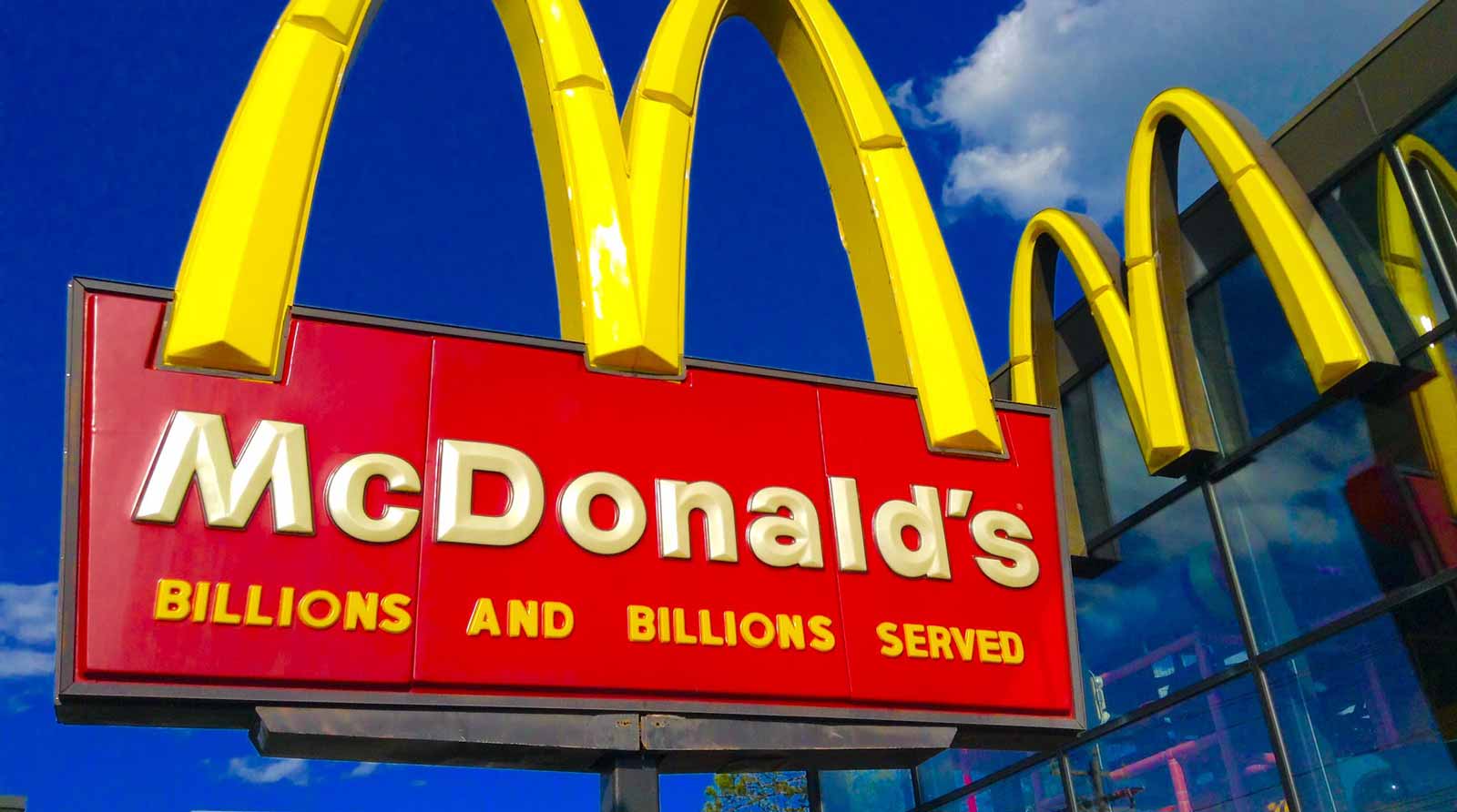The Department of Labor is proposing to rescind a 2020 rule that limited the definition of a joint-employer, which the Biden administration views as harmful to workers’ rights.
The rule was issued in January 2020 and went into effect two months later.
It included a four-factor test to determine joint-employer status: Hires or fires the employee, supervises and controls the employee’s work schedule or conditions of employment to a substantial degree, determines the employee’s rate and method of payment, and maintains the employee’s employment records.
The ruling also clarified that an employee’s “economic dependence” on a potential joint employer does not determine joint-employer status and that an employer’s franchisor model does not make joint-employer status more or less likely.
The guidelines significantly narrowed the likelihood of franchisors being defined as a joint-employer, therefore reducing their liability in franchisee labor violation cases.
In February 2020, New York Attorney General Letitia James and Pennsylvania Attorney General Josh Shapiro led a group of 18 states that filed a lawsuit in February challenging the DOL ruling. The states argued that the joint-employer rule undermined workplace protections for low-and middle-income workers and placed a regulatory burden upon states.
U.S. District Court Judge Gregory Woods sided with the states, and said in a September opinion that the DOL’s rule conflicted with the Fair Labor Standards Act. He also referred to the rule as “arbitrary and capricious” because it failed to explain why the DOL deviated from prior guidance or why it didn’t consider the effect on workers.
With the Biden administration now in control, the DOL wants to revisit the joint-employer debate. Jessica Looman, the DOL’s Wage and Hour Division principal deputy, said rescinding the rules would strengthen the protection for workers, including “essential frontline workers who have done so much during these challenging times.”
“Removing a standard for joint employment that may be unduly narrow would protect more workers’ wages and improve their well-being and economic security,” Looman said in a statement.
The announcement is a foreboding sign for franchisors, who’ve argued that an expanded definition of joint employer could impede growth, increase lawsuits, and require them to be more heavy-handed in store-level practices, like hiring and recruitment.
Matt Haller, the International Franchise Association’s senior vice president of government relations and public affairs, called the Biden administration’s move “bewildering.”
The IFA, along with other business groups, is part of a federal lawsuit to preserve the 2020 rule.
“While IFA appreciates the Administration’s work promoting small business survival through the American Rescue Plan, this new proposed rule seems intent on undoing the good that was done,” Haller said in a statement. “… Franchise brands stepped up during the pandemic to provide support to their franchisees in unprecedented ways. This type of support is critical to sustaining these small business franchise owners, but is exactly the type of support that would be eliminated by expanding the joint-employer standard.”
For the past several years, the government has not been able to nail down a consistent definition of joint employer. The issue gained a spotlight in 2014 when the National Labor Relations Board filed complaints against McDonald’s because of alleged violations committed by franchisees.
In 2015, The NLRB ruled in Browning-Ferris that a franchisor need only exert indirect control or even just reserve the right to control the terms and conditions of employment in order to qualify as a joint employer—even if the control was never actually exercised.
That ruling was overturned in early 2020, when the NLRB clarified that in order to be a joint employer, a business “must possess and exercise substantial direct and immediate control over one or more essential terms and conditions of employment of another employer’s employees.”
Similarly, the DOL expanded the definition of a joint employer in 2016 when it said “economic dependence” should be a factor in the determination. The Trump administration overturned the policy in 2017 and eventually landed on the four-factor test.








